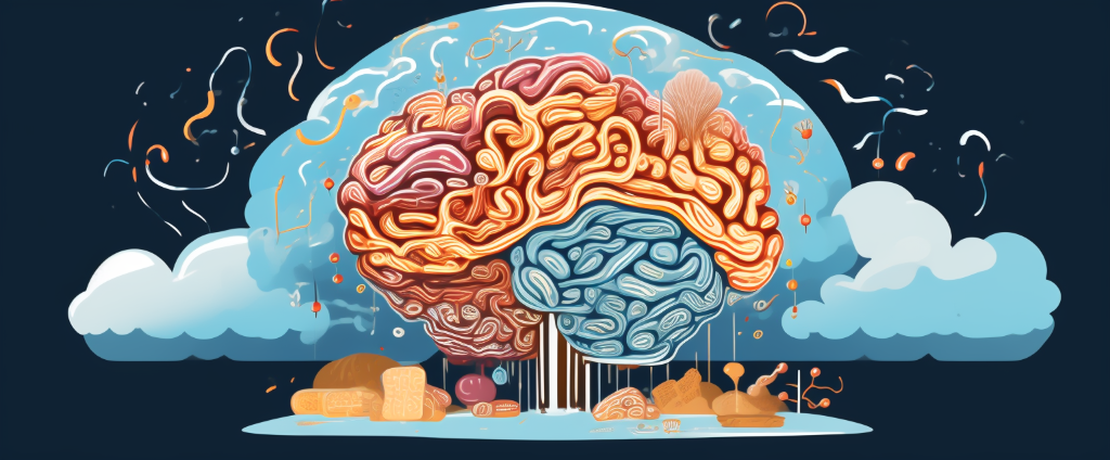The Dark Side of Junk Food: How Ultra-Processed Foods Affect Mental Health
- OLT-1
- Health and wellness
- January 8, 2025
Boring to read? Listen:

Health Food: The Good, the Bad, and the Ugly Truth
As we navigate the world of healthy eating, it’s easy to get caught up in the hype surrounding certain foods. But what about ultra-processed foods? Are they a necessary evil or a recipe for disaster?
Let’s start with the facts. According to recent studies, those who regularly consume ultra-processed foods (UPFs) are almost three times more likely to experience distress and mental health issues compared to those who don’t.
But why is this the case? One reason could be that UPFs contain high levels of added sugars, refined carbohydrates, and unhealthy fats. These ingredients can cause a spike in blood sugar followed by an energy crash, leaving us feeling sluggish and irritable.
Another factor at play might be the lack of essential nutrients found in these foods. Think about it - when was the last time you saw a bag of potato chips or a box of sugary cereal labeled as “brain food”? Exactly!
Now, I know what you’re thinking: “But Shreya, what about all the ‘healthy’ options out there? Don’t they count too?” Well, yes and no. While it’s true that some processed foods can be nutritious (think whole grain bread or low-fat yogurt), many of these products are still highly processed.
Take a look at your average granola bar, for instance. It might contain wholesome ingredients like oats and nuts, but the processing involved in creating those bars is often extensive - think added sugars, preservatives, and artificial flavorings.
So what’s the takeaway? While some processed foods can be part of a healthy diet, it’s essential to keep things in perspective. Aim for whole, unprocessed foods as much as possible (think fruits, veggies, lean proteins, and whole grains). And when you do need to indulge in something more processed, make sure to read those labels carefully.
Remember: your body is like a temple - treat it with respect!


